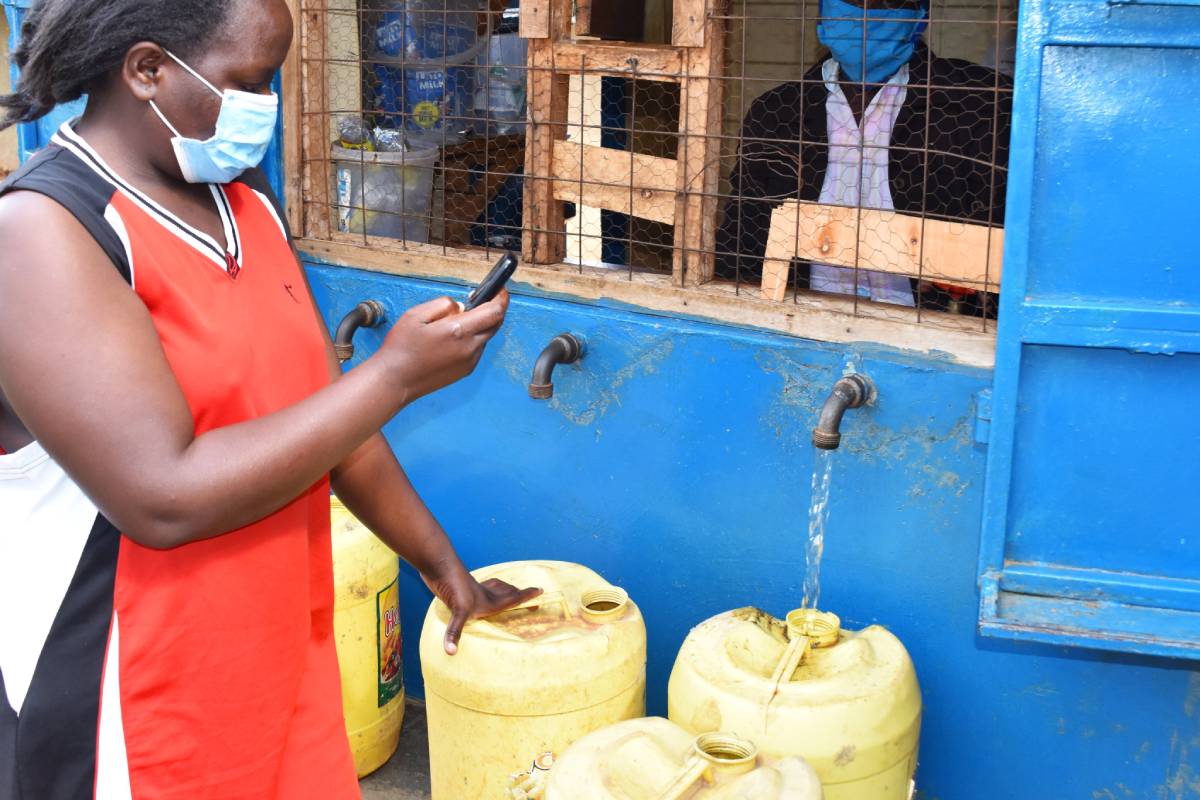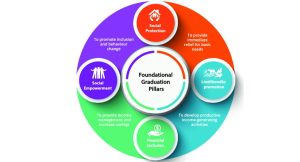Complexities of Socio-Economic Disparity in Peri-Urban & Slum Areas
Understanding the Socio-Economic Divide
In many developing nations, peri-urban and slum areas stand as stark reminders of deep-rooted socio-economic disparities. These regions, often marked by informal settlements, inadequate infrastructure, and limited access to essential services, reflect the struggles of a rapidly urbanizing world. Dodwell Transcend Limited, a dedicated advocate for social development, seeks to address these challenges by fostering sustainable solutions that empower marginalized communities.
Key Factors Contributing to Socio-Economic Disparity
Several intertwined factors contribute to the growing divide in peri-urban and slum areas:
- Unstable Employment and Informal Economy
- A significant portion of residents rely on informal jobs that lack stability, social security, and fair wages.
- The absence of structured employment opportunities perpetuates cycles of poverty, making it difficult for families to escape economic hardship.
- Limited Access to Quality Education
- Education remains one of the most powerful tools for upward mobility, yet many children in these areas face barriers such as overcrowded classrooms, inadequate learning materials, and a lack of qualified teachers.
- The economic burden of school fees often forces children to drop out, further limiting future opportunities.
- Inadequate Healthcare Services
- Basic healthcare services remain scarce, with many residents unable to afford medical treatment or insurance.
- Poor sanitation and inadequate waste management contribute to the spread of diseases, exacerbating health challenges within these communities.
- Poor Infrastructure and Housing
- The rapid growth of informal settlements leads to overcrowded living conditions, inadequate sanitation facilities, and a lack of reliable utilities such as water and electricity.
- Weak urban planning and land tenure insecurity prevent long-term development and improvement efforts.
- Social Marginalization and Crime
- Economic hardship often leads to increased crime rates, as marginalized youth seek alternative means of survival.
- Social stigmatization and exclusion from economic participation further alienate residents from mainstream development efforts.
Dodwell Transcend Limited: Driving Change in Peri-Urban and Slum Communities
Recognizing the urgent need for intervention, Dodwell Transcend Limited is committed to addressing socio-economic disparities through holistic, community-driven approaches. Some of the key initiatives include:
- Economic Empowerment Programs: Providing vocational training, entrepreneurship mentorship, and access to microfinance opportunities to support income generation.
- Education Advocacy: Partnering with local institutions to improve access to quality education, scholarships, and skills development for young learners.
- Health and Wellness Initiatives: Enhancing healthcare accessibility through medical outreach programs, sanitation projects, and mental health awareness campaigns.
- Sustainable Infrastructure Development: Advocating for better housing policies, improved sanitation systems, and urban planning strategies to enhance living conditions.
A Call for Collective Action
Bridging the socio-economic divide in peri-urban and slum areas requires collaboration among governments, non-profits, businesses, and local communities. Dodwell Transcend Limited remains steadfast in its mission to create sustainable change, ensuring that underserved populations have the opportunity to thrive. By addressing these complexities through strategic interventions, a more equitable and inclusive society can be achieved.


